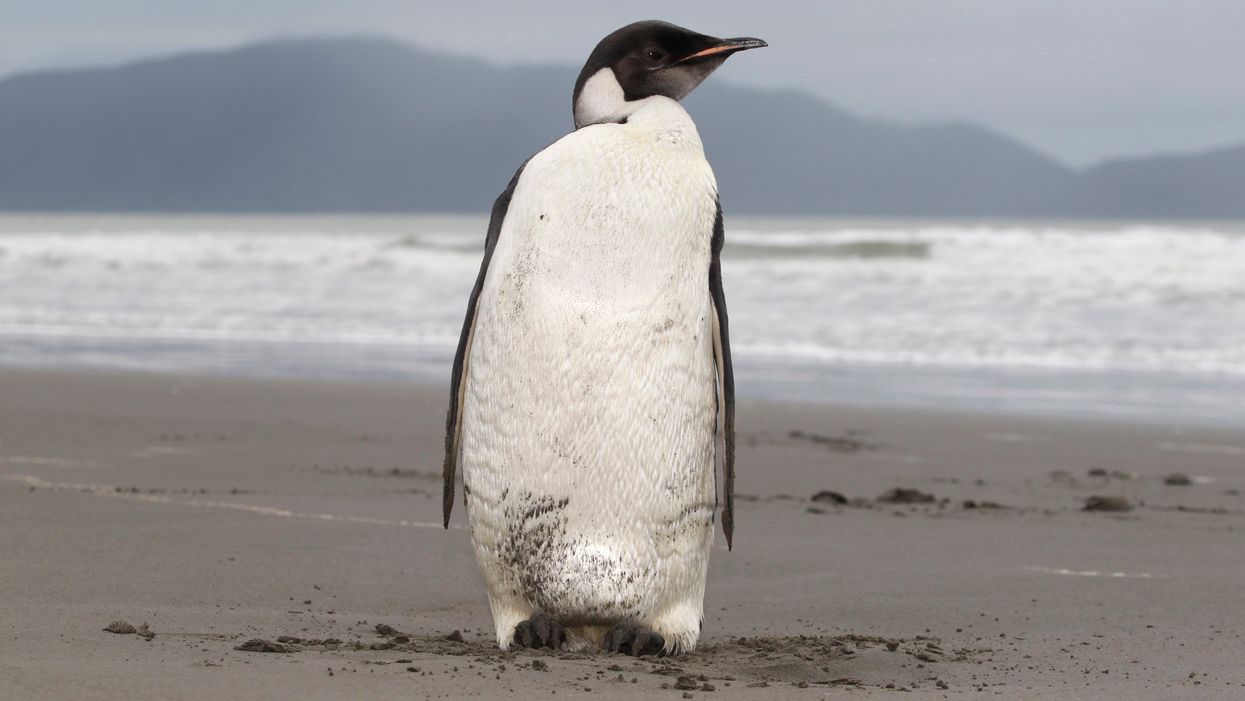Liam O'Dell
Sep 13, 2021

Emperor Penguin Threatened
2011 AP
It’s not every day that scientists are baffled by penguin faeces, but after the animal droppings were found to have contained phosphine – a gas found a good 38 million miles away on Venus – researchers have been left scratching their heads.
According to The Daily Star, the experts now plan to investigate the lifestyle of gentoo penguins, a species commonly found in the Falkland Islands. It’s believed that studying the animals may help them spot organisms that exist on other planets.
Dr Dave Clements, from Imperial College London, told the outlet: “We’re convinced the phosphine finding is real, but we don’t know what’s making it.”
Although the finding has left scientists baffled, Dr Clements said it could well be to do with “defence or signalling against competing bacteria”.
He added: “There are some anaerobic bacteria that produce phosphine.
“It’s found in pond slime and the guts of badgers and penguin guano.”
Sign up to our free Indy100 weekly newsletter ‘The Viral Democracy’
Last year astronomers found phosphine in Venus’ clouds, which they said could suggest the presence of life.
At the time, Dr Clements said: “It would be great if this phosphine detection means we have detected life, but at the moment it’s not a smoking gun – it’s just the hint of an indication of a possibility.
“But if we gather enough evidence in the future to show it is there, the most pressing question becomes: how similar is it to life on Earth? Does it also use DNA, which would suggest a common origin for life on Earth and Venus, or is it something completely different?”
It comes ahead of the launch of the James Webb Space Telescope by Nasa on 18th December, which looks to “reveal new and expected discoveries”, along with “the origins of the universe and our place in it”.
Top 100
The Conversation (0)













